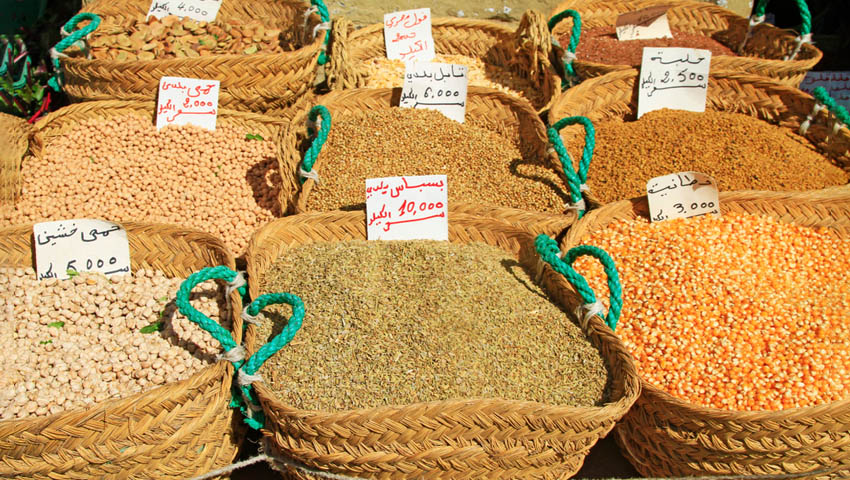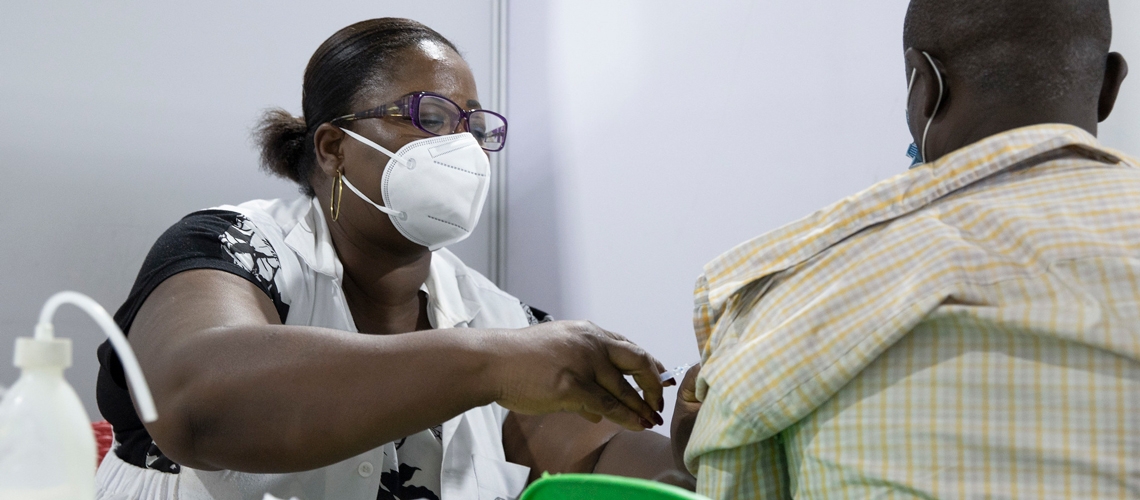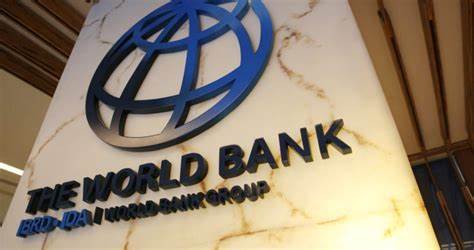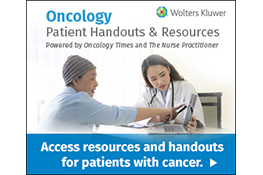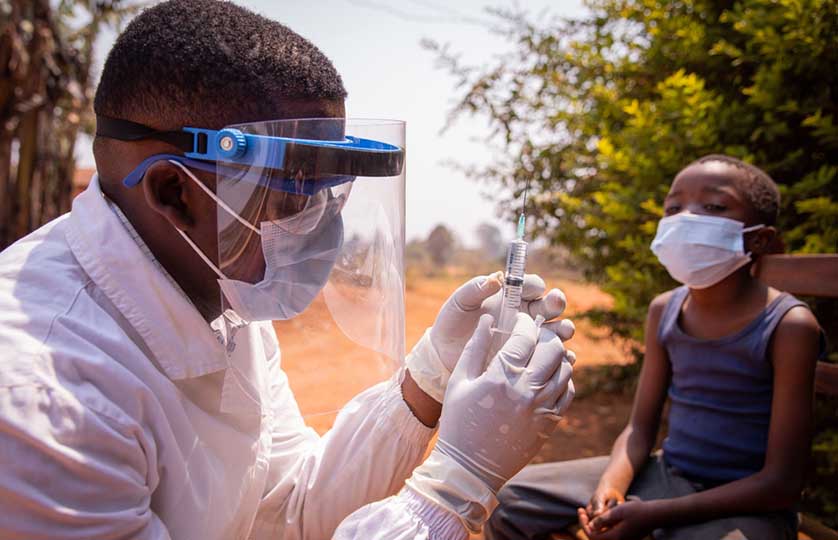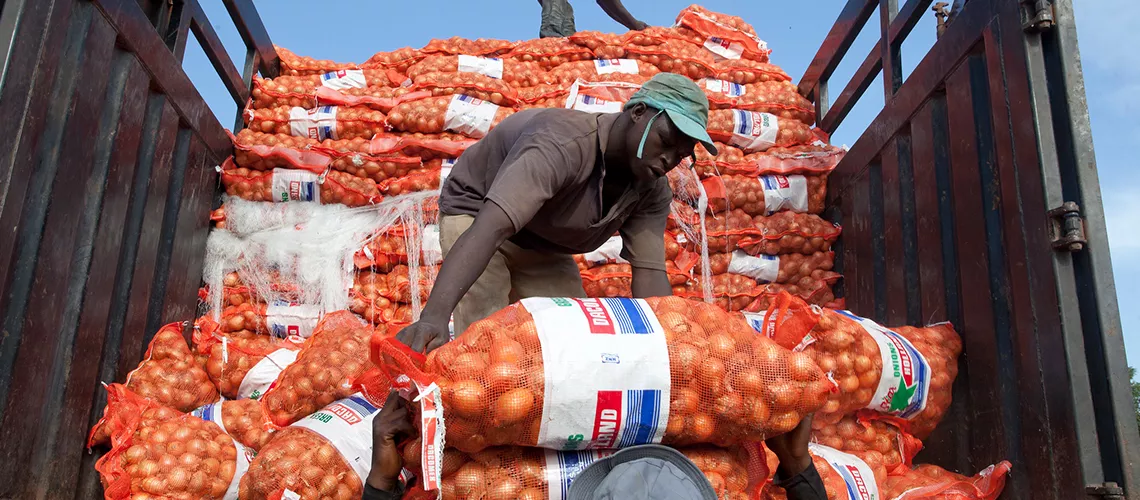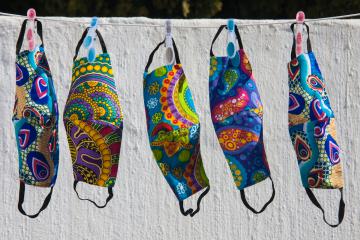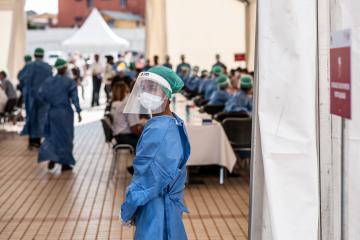World Bank Blogs
The world’s poorest have faced two extraordinarily difficult years. The pandemic has caused unprecedented reversals in poverty reduction that are further exacerbated by rising inflation and the effects of the war in Ukraine.
World Bank Blogs
The COVID-19 pandemic is far from over, and vaccines remain our most important tool for helping every country overcome it and get on the path to recovery.
Youth Opportunities
The World Bank has approved a €454.4 million (R7.6 billion) loan to South Africa for the country’s Covid-19 Emergency Response Project.
Oncology Times
The link between coronavirus infection and death seems to have been broken in South Africa where new data on the fourth pandemic wave of SARS-CoV-2 caused by the B.1.1.529 Omicron variant have been reported (N Engl J Med 2022; doi: 10.1056/NEJMoa2119658). Infection rates rose sharply without a corresponding increase in hospitalizations and deaths. Some commentators suggested that the Omicron variant was milder than previous generations of the coronavirus. But according to the report's authors, this is not the most likely interpretation.
World Bank
Self-reported vaccination rates are consistently higher than what is reported by respondents about vaccination prevalence in the communities.
World Bank
Emerging Market and Developing Economies (EMDEs) are projected to experience subdued growth
World Bank
In these challenging times marked with inflation, climate change, pandemics, and geo-political tensions, one should be concerned with the situation of the poorest economies, in Africa notably.
CGD
To expand global access, Pfizer and Merck signed voluntary licensing agreements that grant permission to select manufacturers to produce generic oral antivirals.
Alliance for Sc.
A recent study that examined the impact of information sources on Covid-19 vaccine hesitancy in sub-Saharan Africa discovered a strong link between people’s use of various media sources and vaccination resistance.
LSE
In many African countries, the existing health infrastructures struggled to meet the needs of its populations before the pandemic.


